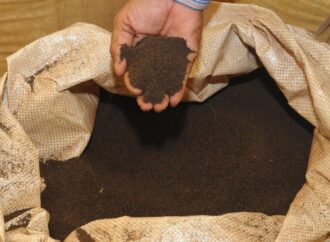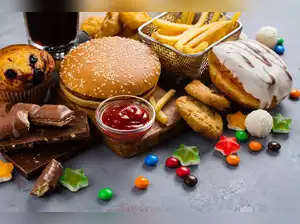Key Development
A recent U.S. study published in Thorax has raised concern among health experts by linking ultra-processed food (UPF) consumption to a 41% increased risk of lung cancer. The researchers found that adults who consumed the highest amounts of UPFs—such as packaged bread, soda, instant noodles, ice cream, sugary cereals, and processed meats—were significantly more likely to develop lung cancer than those who consumed the least. This link remained strong even after adjusting for smoking and overall diet quality, highlighting the potential dangers of these foods that dominate modern diets.
What Are UPFs and Why Are They Risky?
Ultra-processed foods are highly modified products made in industrial settings, often with chemical additives and minimal nutritional value. Common examples include:
- Soft drinks and packaged juices
- Instant noodles and frozen ready meals
- Processed meats like sausages and nuggets
- Packaged snacks, sugary cereals, and commercial sauces
How UPFs May Promote Cancer
Researchers have identified several mechanisms through which UPFs can increase cancer risk:
- Nutrient-poor and calorie-dense: High in sugar, salt, and unhealthy fats, they promote obesity and metabolic disorders linked to cancer.
- Chemical exposure: Additives and contaminants like acrolein, BPA, and phthalates may disrupt hormones, damage DNA, and trigger inflammation.
- Encourage overeating: Engineered flavours and textures stimulate overconsumption, contributing to long-term health risks.
How to Cut Down on UPFs
Making simple changes to shopping and cooking habits can help reduce UPF intake and lower associated health risks:
- Read labels: Avoid products with long ingredient lists or artificial additives.
- Cook from scratch: Use fresh vegetables, whole grains, legumes, and lean meats.
- Snack smart: Choose fruits, nuts, and home-prepared snacks over processed options.
- Shop mindfully: Prioritise foods with minimal processing and clear labelling.
A Food Safety Wake-Up Call
Ultra-processed foods may seem convenient, but their long-term health risks—including cancer—are real. This isn’t just a nutrition issue—it’s a food safety concern. Many consumers remain unaware of the harmful additives, low-quality ingredients, and packaging-related chemicals hidden in these products. Unclear labelling makes it even harder to identify these risks. Choosing whole, minimally processed foods isn’t just a healthier choice—it’s a safer one. Raising awareness, reading labels, and making informed food decisions can go a long way in protecting your health and building a safer food environment.
Source: The Times of India
 Food Manifest
Food Manifest 

















